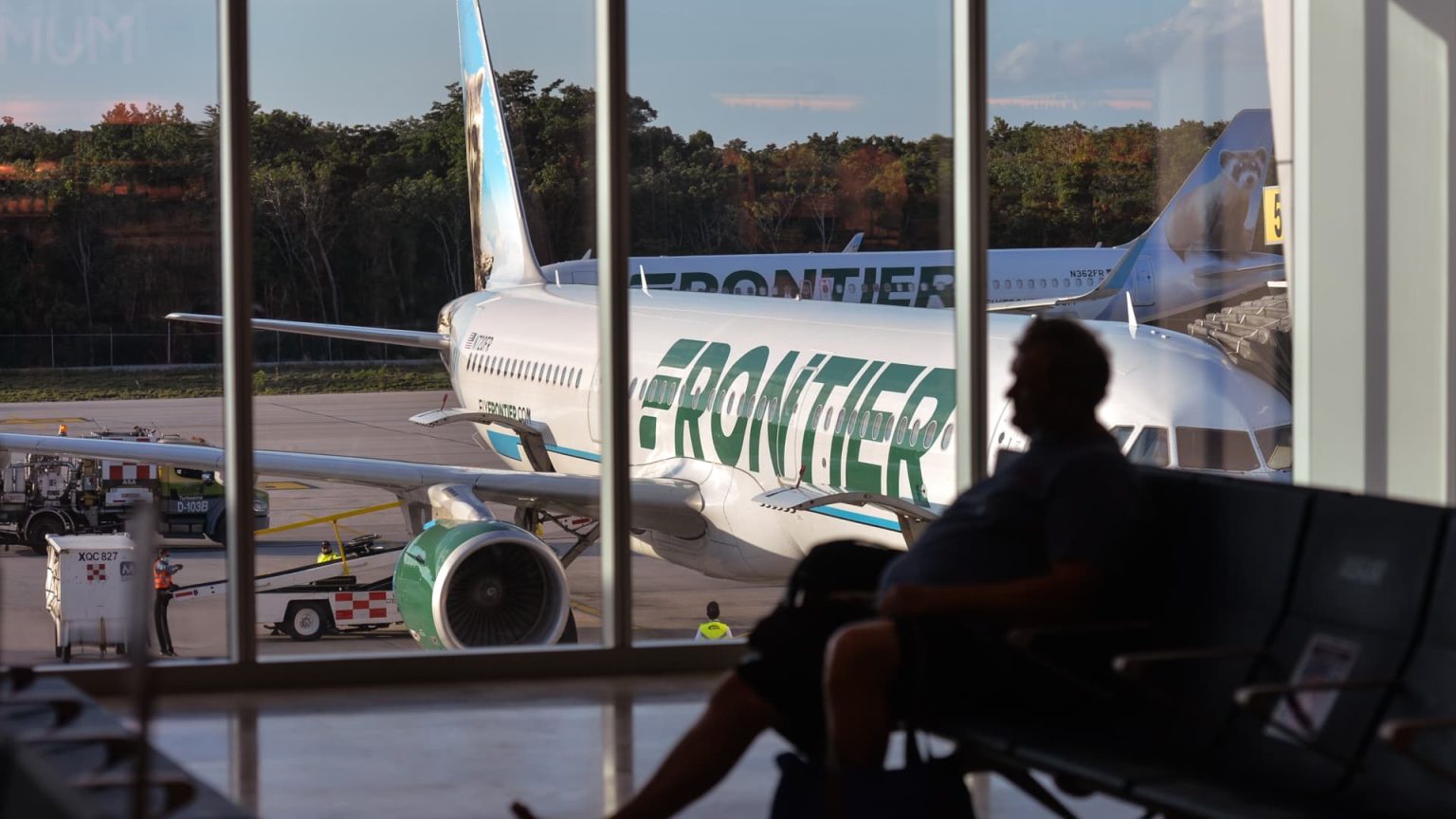The 1986 Air Carrier Access Act requires airlines to provide wheelchair assistance for passengers with disabilities at the airport. However, Frontier Airlines CEO Barry Biffle expressed concerns about the abuse of this service by travelers who do not actually need it. He mentioned instances where many people requested wheelchairs at departure but did not use them upon arrival, leading to delays and increased costs for the airline. Biffle emphasized that while everyone entitled to assistance should receive it, there should also be consequences for those who exploit the system.
London’s Heathrow Airport CEO, John Holland-Kaye, also commented on travelers using wheelchair support as a way to fast-track through the airport, particularly amid staffing shortages. He warned against this practice and urged travelers to protect the service for those who genuinely require it. John Morris, a triple amputee and founder of WheelchairTravel.org, explained that some travelers may need assistance on their outbound journey due to the size of certain airports, but not on arrival at smaller facilities. He emphasized that disability affects people differently, and it can be challenging to determine who truly needs wheelchair assistance.
The Department of Transportation recently proposed stricter rules to prevent wheelchair damage by airport ground handlers and ensure prompt assistance for passengers with disabilities when boarding and disembarking from the plane. These regulations aim to improve the overall experience for travelers with disabilities and prevent any further abuse or misuse of wheelchair services at airports. By implementing these measures, airlines and airports can better accommodate passengers who genuinely require assistance while discouraging those who exploit the system for personal convenience or gain.
It is essential to address the issue of travelers falsifying the need for wheelchair assistance to ensure that resources are allocated appropriately to those who genuinely require support. Abuse of wheelchair services not only leads to delays and added costs for airlines but also hinders the travel experience of passengers with disabilities who rely on these accommodations. By holding abusers accountable and implementing stricter regulations, airports can maintain the integrity of their services and provide a more inclusive and accessible environment for all travelers. It is crucial to strike a balance between fulfilling the needs of those with disabilities and preventing exploitation of assistance programs.
The comments made by various industry executives highlight the challenges faced by airports and airlines in providing adequate support to passengers with disabilities while preventing misuse of services. With the proposed rules from the Department of Transportation, there is a push for greater accountability and transparency in how wheelchair assistance is provided at airports. Travelers are encouraged to respect the needs of those who genuinely require assistance and refrain from exploiting wheelchair services for personal gain. By fostering a culture of understanding and cooperation, airports can ensure a more seamless and inclusive travel experience for all passengers, regardless of their level of mobility or disability.
Overall, the issue of travelers faking the need for wheelchair assistance underscores the importance of upholding the rights of individuals with disabilities while also addressing instances of abuse within the system. By implementing stricter regulations, providing clearer guidelines, and promoting awareness around the appropriate use of wheelchair services, airports can create a more equitable and accessible travel environment for all passengers. It is crucial to strike a balance between accommodating those in need of assistance and deterring individuals from taking advantage of these vital services for their personal convenience. Through collective efforts and collaboration, the travel industry can work towards creating a more inclusive and respectful environment for passengers of all abilities.


